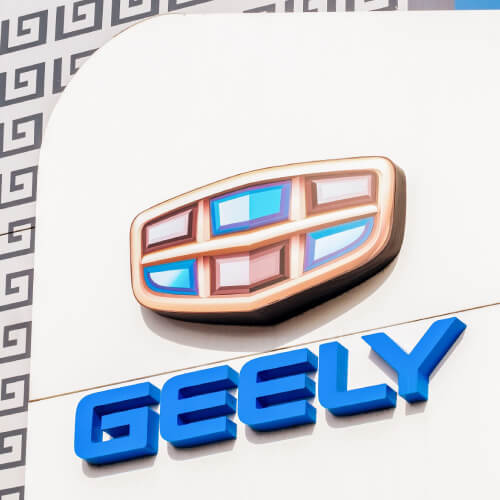
The pieces are starting to fall into place in carmaker Geely's efforts to carve out a stake in China's hotly contested smart car market.
In the biggest development, subsidiary Hubei Xingji Shidai Technology this week acquired control of Alibaba-backed handset firm Meizu for an undisclosed amount.
Xingji Shidai, 79% owned by Geely, is to buy 39% of Meizu from founder Jack Wong and another 27% from Alibaba unit Taobao, the State Administration of Market Regulation revealed Monday.
Figure 1:  Geely's smart car platform reached another big milestone early this month with the successful launch of its first nine LEOsats.
Geely's smart car platform reached another big milestone early this month with the successful launch of its first nine LEOsats.
(Source: Alan Green/Alamy Stock Photo)
The specifics are still being negotiated and the deal is still under review by regulators, Reuters said.
Xingji Shidai is backed with a 10 billion yuan (US$1.5 billion) investment from Geely and is targeting sales of 3 million handsets and CNY10 billion in revenue in 2023.
Geely is China's largest privately-held auto company and the owner of European brands such as Lotus, Volvo and Lynk. It sold 1.33 million vehicles last year.
A counter-intuitive move
Its move into handsets is not only counter-intuitive, but runs defiantly against the trend of mobile players like Huawei pushing into smart car solutions or Xiaomi building its own cars outright (see Chinese auto giant Geely plunges into smartphones).
What's more, Meizu is hardly a prize. Once one of China's biggest handset firms, its market share has shrunk to below 1%.
Geely told Reuters in a statement there was a "close connection in technologies" between smart car cockpits and smartphone software.
Chairman Eric Li sees mobile phone technology as an enabler that can build an ecosystem around a rich and convenient in-car experience combined with satellite, 5G and Internet of vehicles connectivity.
Want to know more? Sign up to get our dedicated newsletters direct to your inbox.
As it happens, Geely's smart car platform reached another big milestone early this month with the successful launch of its first nine LEOsats.
Geely is the only Chinese carmaker so far to follow Elon Musk into space. But it's a very different operation from Starlink's global broadband business.
Geely's constellation of up to 240 satellites, built by aerospace affiliate Gee Space, is intended to be a global navigation system, capable of delivering centimeter-level precision.
The company aims to start commercial service in 2026 and extend operations to Belt-Road countries in central Asia and elsewhere.
Geely's hi-tech ambitions are not confined to smart cars. In its other recent initiatives, it has set up a JV with Germany's Volocopter to make air taxis and is investing heavily to achieve self-reliance in chips, batteries and other core tech by 2026.
Related posts:
— Robert Clark, contributing editor, special to Light Reading
Read more about:
AsiaAbout the Author(s)
You May Also Like











